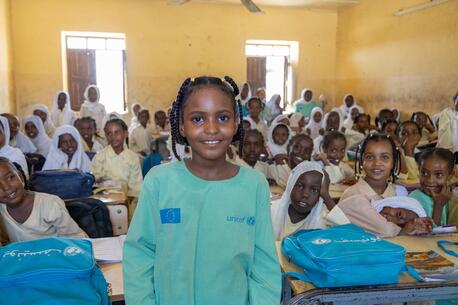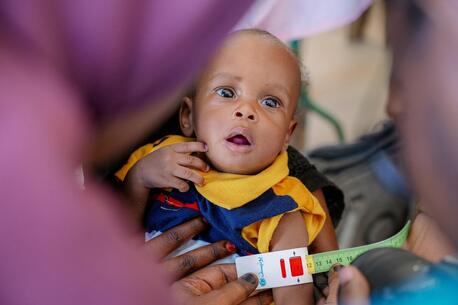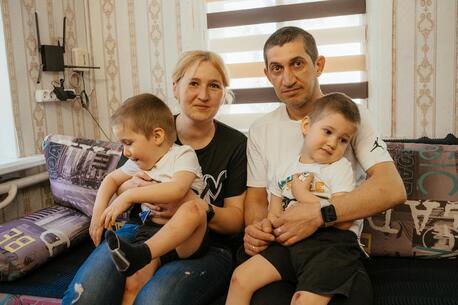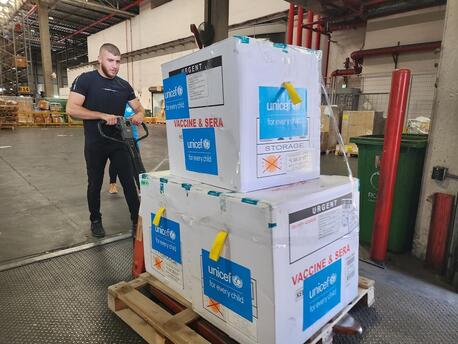
UNICEF Delivers Polio Vaccines to Protect Children in Gaza Strip
UNICEF and partners plan to vaccinate more than 640,000 children under the age of 10 in the Gaza Strip against polio to stop the disease from spreading. To do that, they'll need a humanitarian pause.
First confirmed case of polio in the Gaza Strip in 25 years
On Aug. 25, 2024, UNICEF announced an urgent delivery of 1.2 million doses of polio vaccine type 2 (nOPV) to the Gaza Strip, along with cold storage equipment needed to maintain the vaccines' temperature. Working with the World Health Organization, UNRWA, the UN's main agency assisting Palestinian refugees, and other partners, UNICEF plans to vaccinate more than 640,000 children under the age of 10, starting on Sept. 1.
Gaza's Ministry of Health and the World Health Organization (WHO) reported on July 19 that the highly infectious poliovirus had been identified in sewage samples collected by UNICEF from Khan Younis and Deir al Balah, putting people living in overcrowded conditions without adequate water and sanitation at risk of contracting the lifelong crippling disease.
On Aug. 22, Tedros Adhanom Ghebreyesus, WHO Director-General, noted that a 10-month-old unvaccinated child from Deir al-Balah was confirmed to have polio — the first case in Gaza in 25 years. Overall, WHO indicates three cases of paralysis have been reported.
Watch the video:
There are no medicines to treat or cure polio, only vaccines to prevent it
Polio was once the leading cause of paralysis among children worldwide. It mainly affects children under 5, though anyone of any age who is unvaccinated can contract the disease. Vaccines to address this specific type of polio are needed to protect children and halt transmission.
On Aug. 16, WHO and UNICEF issued a statement calling for all parties to the conflict to implement humanitarian pauses to allow for two rounds of vaccination campaigns to take place in the Gaza Strip. These pauses in the fighting would allow children and families to safely reach health facilities and community outreach workers to get to children who cannot access health facilities for polio vaccination. Without the humanitarian pauses, the delivery of the campaign will not be possible.
According to Jonathan Crickx, UNICEF Chief of Communications, an additional 400,000 vaccine doses are due to arrive in time for the second round of the campaign.
At least 95 percent vaccination coverage during each round of the campaign is needed to prevent the spread of polio and reduce the risk of its re-emergence, given the severely disrupted health, water and sanitation systems in the Gaza Strip.
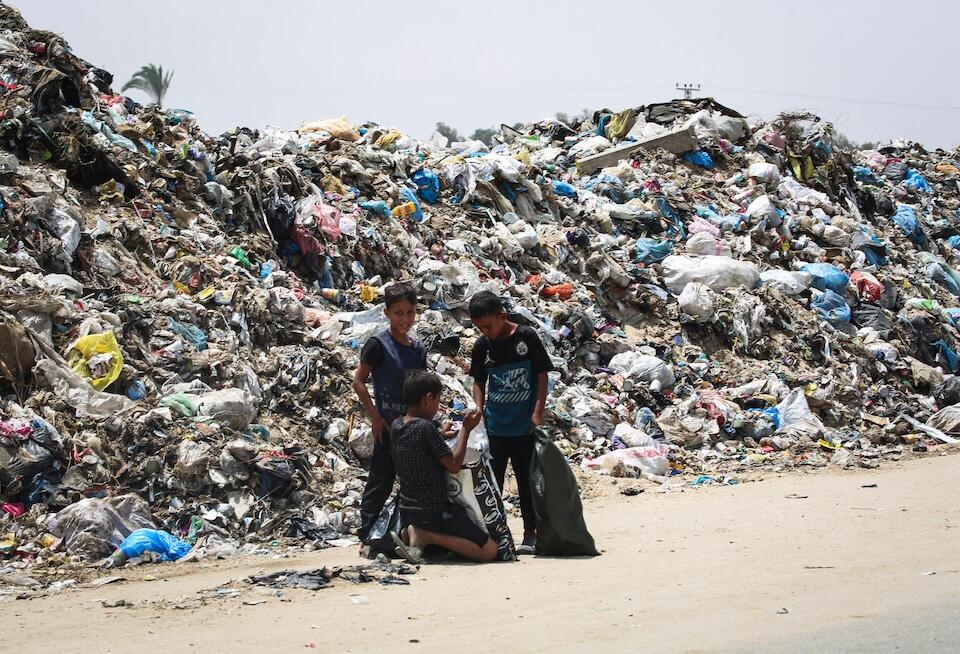
Every child has the right to a safe and healthy childhood, wherever they are. Your contribution will help UNICEF reach more children in need. Please donate.
HOW TO HELP
There are many ways to make a difference
War, famine, poverty, natural disasters — threats to the world's children keep coming. But UNICEF won't stop working to keep children healthy and safe.
UNICEF works in over 190 countries and territories — more places than any other children's organization. UNICEF has the world's largest humanitarian warehouse and, when disaster strikes, can get supplies almost anywhere within 72 hours. Constantly innovating, always advocating for a better world for children, UNICEF works to ensure that every child can grow up healthy, educated, protected and respected.
Would you like to help give all children the opportunity to reach their full potential? There are many ways to get involved.



